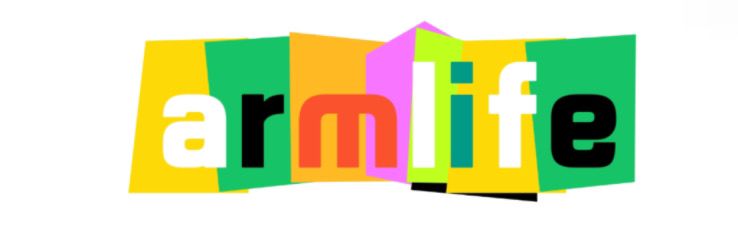What Qualification Do I Need to Do Teeth Whitening?
As more people seek brighter smiles, the market for teeth whitening has expanded significantly. A dazzling white grin can boost confidence and enhance overall appearance, making teeth whitening a highly sought-after service. However, before diving into this field, many aspiring practitioners ask, "What qualification do I need to do teeth whitening?" It's a crucial question that deserves a comprehensive answer.
If you are looking for more details, kindly visit What Qualification Do I Need to Do Teeth Whitening?.
To begin with, it is essential to understand that teeth whitening procedures fall under specific regulations, which can vary significantly based on your geographical location. Different countries, states, or regions might have unique legal standards regarding who can administer teeth whitening treatments. Thus, educating yourself about local laws is essential before pursuing qualifications.
In many places, teeth whitening is often performed by dental professionals, including dentists and dental hygienists. These individuals typically have extensive education and training in oral health, enabling them to understand the nuances of teeth bleaching products and techniques. If you’re aiming to establish a career in this field, consider pursuing dental hygiene or a dental degree. These paths will provide you with a strong foundation in anatomy, chemistry, and patient care, all vital for administering safe and effective teeth whitening treatments.
For those who may not want to undertake a full dental education, there are alternative routes available. Some countries have established training programs specifically for cosmetic procedures, including teeth whitening. These courses are often shorter in duration and focus on the practical aspects of teeth whitening, including the use of whitening agents, procedures, and how to ensure patient safety. Completing such a program can help you gain credibility and the required skill set.
Certification courses can also give you an edge in this industry. Various professional organizations offer certifications that can enhance your qualifications. These classes typically cover essential topics such as the chemistry of whitening agents, best practices for application, and how to assess patient eligibility. These credentials not only boost your knowledge but also assure clients of your competence. When clients know you've received proper training, they are more likely to trust you with their dental aesthetics.
In addition to formal education and certifications, hands-on experience is invaluable. Understanding the theory behind teeth whitening products and procedures is essential, but the practical application of these skills is equally important. Seek out internships or training programs where you can observe and assist experienced professionals in delivering teeth whitening treatments. This practical experience will give you the confidence to perform procedures on your own and help you learn how to manage potential complications that may arise.
Moreover, staying updated with industry trends and regulations is paramount. The dental industry evolves rapidly, with new products and techniques regularly emerging. Attend industry workshops, seminars, and conferences to remain informed about advancements in teeth whitening. Not only does this knowledge keep your practice current, but it demonstrates to clients that you are committed to providing the highest standards of care.
Ethics also plays a significant role in the qualifications required for teeth whitening. Understanding the ethical considerations surrounding cosmetic dentistry can set you apart as a responsible practitioner. This involves recognizing the importance of informed consent, where clients are educated about the procedures, potential risks, and realistic outcomes. Being transparent and honest with your clients is crucial for building trust and maintaining your professional reputation.
The tools and products you use will significantly influence the quality of the teeth whitening services you provide. Ensure that you only use products approved by relevant health authorities. These products have undergone rigorous testing to ensure they are safe and effective. Additionally, familiarize yourself with the differences between in-office and at-home whitening systems, as well as their appropriate usage. Understanding how to recommend the right option for your clients is integral to your success.
Finally, good customer service skills are a qualification that cannot be overlooked. The interaction you have with your clients can be just as important as the technical skills you bring to the table. Building rapport, listening to client concerns, and providing individualized care will not only foster positive relationships but also encourage repeat business and referrals. After all, a happy client is your best advertisement.
In conclusion, when considering “What qualification do I need to do teeth whitening?” remember that a blend of formal education, hands-on experience, certification, ethical practices, and excellent customer service skills lays the groundwork for a successful career in teeth whitening. Whether you're a dental professional or considering a career change, the potential to brighten smiles and boost confidence in others is an immensely rewarding endeavor. Equip yourself with the right qualifications, keep your skills fresh, and watch your career flourish in this exciting field!
The company is the world’s best Is Teeth Bleaching Safe? | Expert Guide to Safe Whitening (2025) supplier. We are your one-stop shop for all needs. Our staff are highly-specialized and will help you find the product you need.


